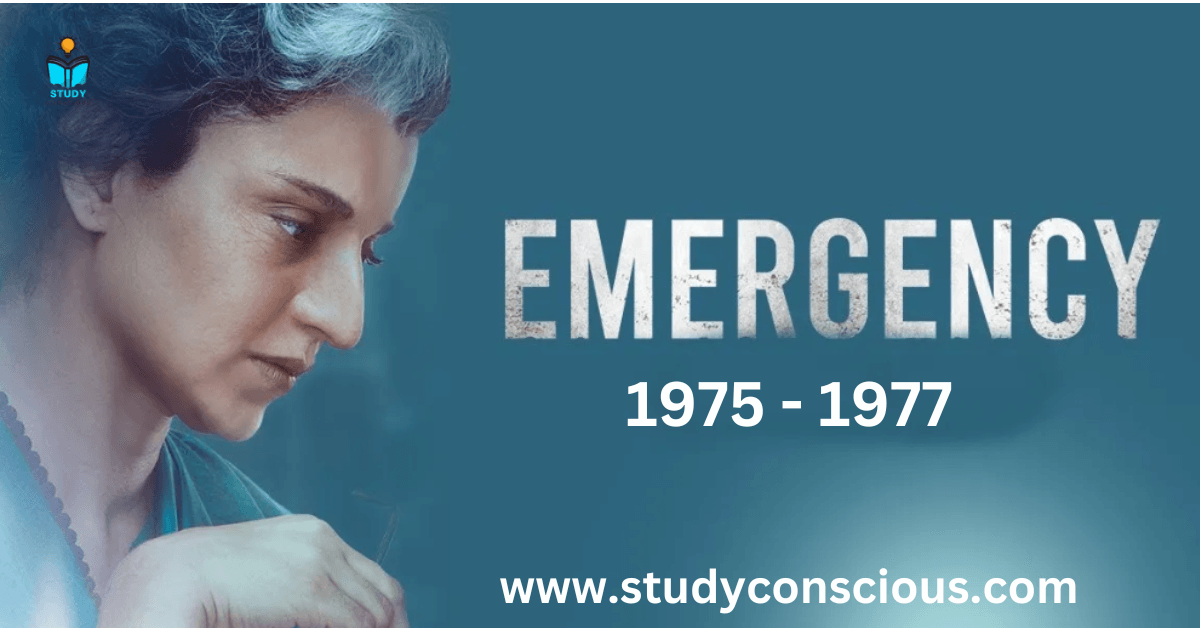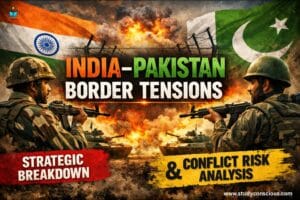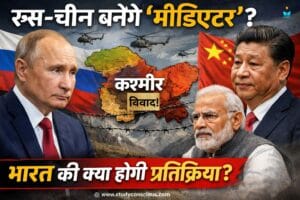Emergency is a historical biographical drama directed by Kangana Ranaut, who also stars as former Indian Prime Minister Indira Gandhi. The movie delves into the controversial period of the Indian Emergency (1975-1977), a 21-month phase marked by political turmoil, suppression of civil liberties, and sweeping socio-political changes.
Through a dramatic narrative, Emergency seeks to spotlight the decisions and challenges faced by Indira Gandhi during this tumultuous time, as well as the impact these decisions had on the nation. The film also explores the human and political dynamics within the corridors of power and how they influenced the lives of ordinary citizens.
With an ensemble cast featuring noted actors like Anupam Kher, Mahima Chaudhry, Shreyas Talpade, and Milind Soman, Emergency aims to present a gripping portrayal of one of the most debated chapters in India’s political history. Combining political intrigue with personal drama, the movie seeks to unravel the complexities of leadership and the consequences of authoritarian governance during a time of national crisis.
Plot Overview of Emergency
The narrative focuses on the period when Indira Gandhi declared a state of emergency across India, leading to significant political and social upheaval. The film portrays the challenges faced by the nation and the controversial decisions made during this tumultuous time.
Cast of Emergency

- Kangana Ranaut
- Role: Indira Gandhi
- Portrays the former Prime Minister of India during the Emergency period, highlighting her decisions and challenges.
2. Anupam Kher
- Role: Jayaprakash Narayan
- A prominent leader of the opposition and one of the most vocal critics of the Emergency.
3. Shreyas Talpade
- Role: Atal Bihari Vajpayee
- A future Prime Minister of India and an important figure in the political opposition at the time.
4. Mahima Chaudhry
- Role: Pupul Jayakar
- A close confidante of Indira Gandhi and a noted cultural historian.
5. Milind Soman
- Role: Sam Manekshaw
- The Chief of the Army Staff during the period, known for his professionalism and tact.
6. Satish Kaushik
- Role: Jagjivan Ram
- A senior Indian politician and a key figure during the Emergency.
Full Summary Overview of Emergency (2025)
Emergency is a historical biographical drama that chronicles the politically charged and controversial era of the Emergency in India, declared by then-Prime Minister Indira Gandhi from 1975 to 1977. Directed and co-produced by Kangana Ranaut, who also portrays Indira Gandhi, the film provides a dramatic retelling of one of the most turbulent periods in Indian history.
Plot Summary (1975-1977)

The film begins with Indira Gandhi facing growing dissent from opposition leaders, public protests, and a critical court ruling that questioned her legitimacy as Prime Minister. Amid political chaos, on June 25, 1975, she declares a state of emergency, granting her government extraordinary powers and suspending civil liberties under the guise of maintaining national stability.
The narrative interweaves Gandhi’s personal dilemmas and political challenges, shedding light on her motivations, internal conflicts, and the pressures of leadership. As opposition leaders are arrested, media outlets censored, and constitutional rights curtailed, the film captures the drastic changes imposed on the nation.
Amidst the political drama, the movie explores the resilience of Indian citizens and opposition figures like Jayaprakash Narayan (played by Anupam Kher), who becomes a symbol of resistance. Leaders such as Atal Bihari Vajpayee (played by Shreyas Talpade) are depicted rallying for democracy even as they face imprisonment.
The film also highlights the roles of influential figures like Sam Manekshaw (Milind Soman), whose loyalty and professionalism as the Chief of Army Staff are tested, and Pupul Jayakar (Mahima Chaudhry), Gandhi’s confidante, who offers emotional and political counsel during the crisis.
Themes
- Power and Leadership: The film delves into the complexities of Indira Gandhi’s character, portraying her as both a powerful leader and a vulnerable individual facing immense pressures.
- Freedom vs. Authority: It examines the thin line between governance and authoritarianism, portraying the consequences of suppressing democratic values.
- Resilience of Democracy: The narrative celebrates the determination of ordinary citizens and opposition leaders to restore democratic norms.
Visual and Narrative Elements
The film captures the 1970s India with its detailed period-specific costumes, set designs, and archival recreations. The narrative uses intense dialogues and dramatic confrontations to depict the ideological clashes of the era. The music, composed by G. V. Prakash Kumar, complements the gravity of the subject matter, with songs and background scores that evoke patriotism and tension.
Conclusion
As the Emergency ends in 1977, following widespread dissent and political upheaval, the film closes with a reflection on the enduring spirit of democracy and the lessons learned from one of India’s darkest political chapters. Emergency ultimately serves as a reminder of the fragile balance between power and accountability in governance.
This gripping drama provides a mix of historical insight and cinematic intensity, aiming to spark dialogue about leadership, democracy, and history’s lessons for the present.











